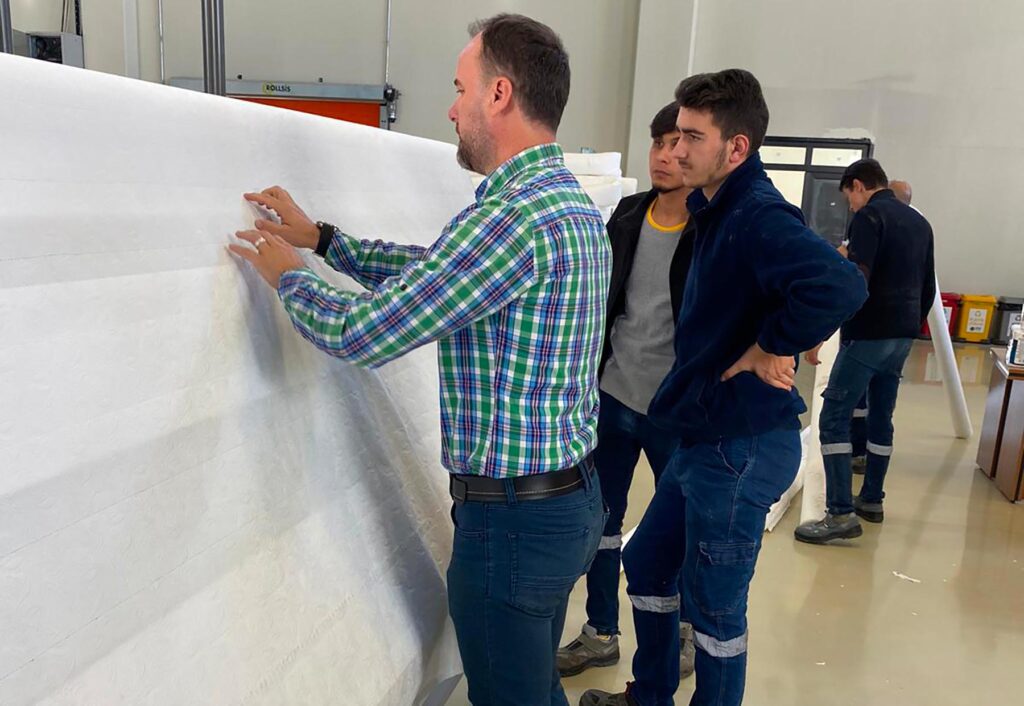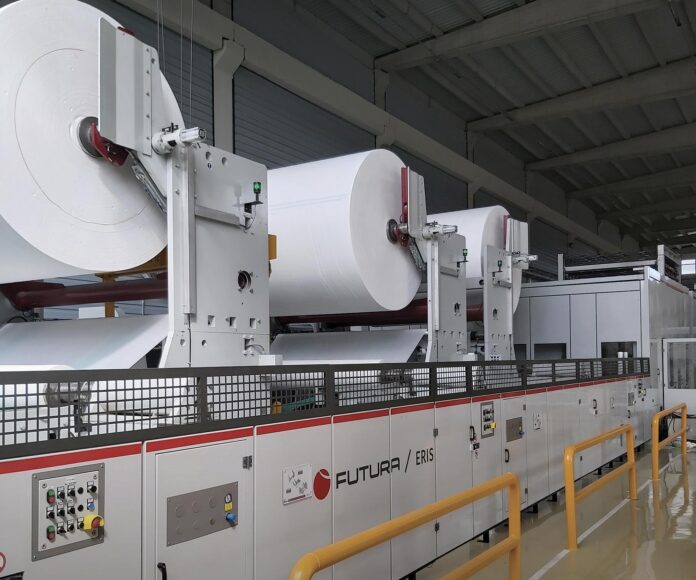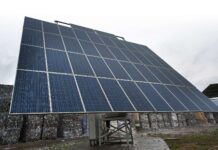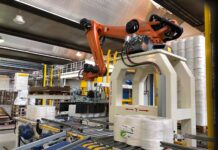Essel Cellulose and Paper Industry has made substantial strides forwards since it was founded in 2005, when it commissioned its first tissue machine. Now, a worldwide shortage of raw materials is driving it to innovate for the coming decades. Bülent Can, Converting Manager, Essel Cellulose and Paper Industry, talks to TWM Senior Editor Helen Morris.

“Due to the worldwide shortage of raw materials and transportation seen in the past few years, the need for the industry to have recycling facilities has really gained in importance,” Bülent Can, Converting Manager, says from his office in Izmit. “That is a key growth area for us as the Essel family. We established our waste paper recycling facility in 2019, and we expect the consumption costs per household to increase. The main reason for this is the rapid increase in paper consumption in all areas with the pandemic, and we have seen this in Turkey as well as in our export markets.”
Essel Cellulose and Paper Industry has made substantial strides forwards since it was founded in Zonguldak Çaycuma in 2005, when it commissioned its first machine, supplied by A.Celli with an capacity of 30,000 tonnes. It now produces jumbo rolls for tissue paper converters with around 600 different types of products including toilet paper, napkin, dispenser napkin, paper towel, dispenser towel and Z napkin in various basis weights working full capacity, and over the last few years has made a series of investments to boost productivity.
In 2015, it commissioned its second machine, this time at a plant in Osmaniye, with an annual capacity of 50,000 tonnes which was supplied by Recard. “And in 2021, we commissioned what was then Turkey’s largest tissue paper machine with an annual capacity of 95,000 tonnes,” Can adds.
Now, the business is present in 60 countries and across five continents with three paper machines and two converting facilities, and an annual capacity of 175,000 tonnes.

“Additionally, we have started to serve the end user by establishing our converting department in 2021,” Can says. “We also commissioned our Dechanghyu machine with a capacity of 3.5 million boxes in 2021 within the body of our converting facilities. Then in 2022, we increased that to a capacity of 12 million boxes. We have also commissioned two Futura-supplied and four Plusline-supplied machines. Finally, we commissioned our Soontrue brand handkerchief and napkin machines that have a capacity of four million boxes per year.”
In terms of the total tonnes per year the business now produces, for the first time it has reached the 175,000tpy benchmark in the Turkish market: “We have also introduced toilet paper products that we produced with the point-point embossing unit into the Turkish market, and we are working on continuing to provide more home-type product services to respond to customer demand.”
Due to the current economic conditions in Turkey, he adds that the demand for private label products has decreased. “In general, more economical standard products are preferred in the Turkish market, especially since the start of large changes in the market and economically that we have seen in the past few years.”
With the outbreak of Covid-19, the demand for AfH products has also “decreased significantly”. However, Can says that with the transition to normal life after Covid-19, there “were serious increases in demands” for this market. E-commerce, he adds, has not gained in popularity following the outbreak of the pandemic. “It isn’t popular in the tissue paper market in Turkey and it continues in mostly block markets,” he says.
Due to the worldwide shortage of raw materials, the company has also commissioned coal boilers to reduce energy costs per tonne. “We have established our waste paper plant to reduce the cost of pulp. And since we think that these difficulties will continue, we are considering increasing the capacities of these facilities.”
Over the challenging next few years, he says the company believes that the costs per tonne will increase in the coming years. “As an important opportunity, paper sales to Europe are increasing exponentially every day, as the costs in Turkey are lower than in Europe.”
“We want to continue to serve the sector by adding a high-capacity paper machine and converting production lines in five years. We continue our R&D studies to produce better quality and more economical products.”

































